This post is for you nurses. We see you. On your feet at all hours of the night and day running back and forth to serve us when we need you the most. While we can’t offer you a chair or a break, we can help you take care of your feet.
Here are a few tips on how to keep your feet and legs from aching after a long shift.
Before work foot care
Foot hygiene. It’s easy to neglect our feet simply because so many things demand our attention. However, there are some simple ways to make sure you stay healthy from the bottom up. Wash and dry your feet completely every time you shower. Remove calluses with a foot file and cut the toenails straight across to prevent ingrown nails. Treat yourself to a pedicure but let your nails breath for a few days between nail polish applications.
Pay attention to what you are eating. Diet affects the inflammation in your body, including your feet. Chronic allergies and specific foods can increase inflammation, causing intense heel pain known as plantar fasciitis. An article in Everyday Health suggests eating more omega-3 fats and green vegetables while eliminating refined and sugary foods to reduce the inflammation and pain in your feet. The article also discusses various other health conditions that are often diet-related, such as osteoporosis and diabetes, that can lead to foot and ankle problems. Also if you are a smoker, stop. It’s bad for circulation which directly affects the health of your feet.
Exercise your feet. No, I don’t mean to go for a walk. I mean pay close attention to the muscles in your feet and give them a good workout while sitting in a chair. You can do this in front of the television, reading a book, or eating breakfast. They are that easy. Here are nine foot exercises to try at home that will build endurance, strength, and flexibility.
During work
Think comfort. Wear comfortable shoes and compression socks. When you know you will be on your feet all day make sure you choose supportive, comfortable shoes and socks. Long periods of standing during a shift can lead to evening edema. Fluid pools in the ankles and calves. Gravity is not your friend. Graduated compression socks can help fight the force of gravity and get the blood pumping back up towards the heart where it's supposed to go. In addition to helping with inflammation, they can also help prevent varicose veins.
Stretch. Your muscles get tired, including the ones in your feet. Throughout the day, take some time to do light stretches in your lower back, hamstrings, calves, and feet. Don’t tighten up. Sometimes your muscles just need a little extra stretch mid-shift. Your whole body will feel better for it.
After work
Slip into something comfortable. Pamper your feet. Don’t kick off the shoes and walk around your hard-tiled house barefoot. Slip into soft slippers and keep rocking those comfy Crazy Compression socks to help with post-recovery.
Elevate your feet. Preferably on your partner’s lap, where a good foot rub is waiting.
Soak your toes. You can soak your feet in Epsom salt or try hydrotherapy (rotating between very hot and very cold water) to stimulate circulation.
Enjoy your time off. Nothing heals better than simply loving the life you are living and finding moments of calm to recharge. Whatever that looks like for you, make the time. You’ve earned it and so have your feet.
Why compression socks are an important part of your uniform
Compression socks help alleviate and prevent the discomfort that comes from being on your feet all day. During the day, your legs are getting a workout during your shift and lactic acid is building up in the muscles. Compression socks will help increase both blood flow and oxygen, increasing circulation and combatting soreness.
Look, our after-work advice of slipping into something comfortable and having your loving partner massage your feet before dipping them into a waiting warm tub of Epsom salt sounds more like a Hallmark Christmas movie than reality. Of course, if you’re living that dream, good for you! For the rest of us, prevention of soreness and swelling is more realistic. Compression socks are the answer to reduce swelling and pain.
Your legs are working hard for you and you should show them the love they deserve. Pamper them a little by wrapping them in a Crazy Compression hug that lasts the whole shift. An added bonus is that your legs will look and feel fantastic with all of the fun designs we have for them.
What makes Crazy Compression different from other socks
Are you wondering why you should choose our socks over the competitors? Well, besides the fun designs there are a number of reasons that keep our customers coming back again and again.
All of our 1-20mmhg TRUE graduated compression socks and sleeves are made here in the United States. With over 40 years of experience in hosiery manufacturing, we have worked hard to create a product that stands out from the rest, delivers true results and looks amazing.
Our innovative knitting technique creates graduated compression socks made from lightweight, breathable micro nylon with moisture control. That means your feet will stay dryer and more comfortable all day long. No one wants stinky feet, especially that dreamy partner’s lap you’re dropping them onto at the end of the day. We want to keep that dream alive too!
We are proud of our socks and offer a lifetime guarantee to back up our claims. Read through the reviews of those who have trusted us with their feet and see how swollen ankles have become a thing of the past.
Did you know the socks on our site aren’t the only options? We can custom make your socks whether you want your own unique set or for the thousand-plus other nurses you work with to have a matching pair. Email us at crazyclan@crazycompression.com or call us at (828) 514-0961 to tell us your crazy sock ideas. We can’t wait to hear them.

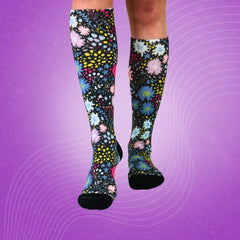
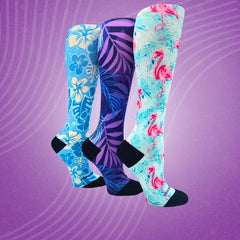
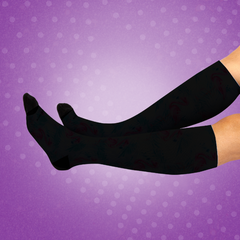
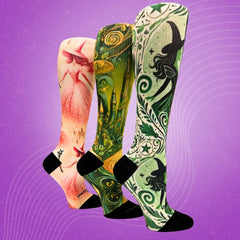
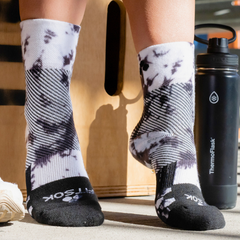
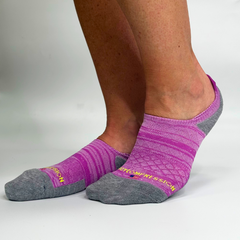

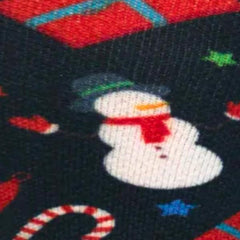

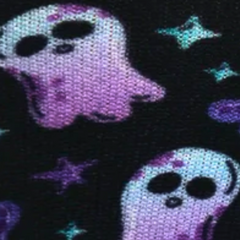
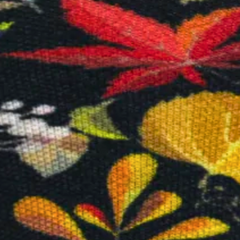
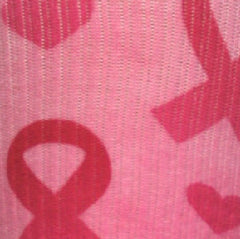
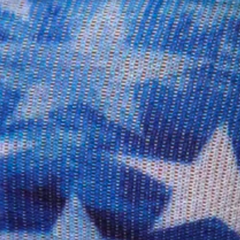

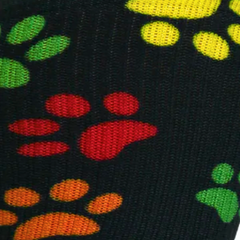
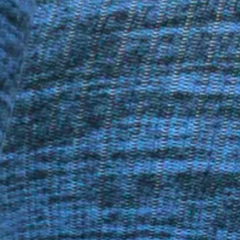
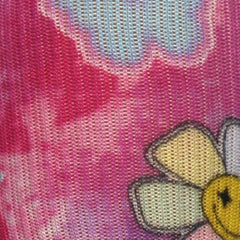

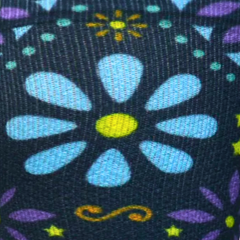
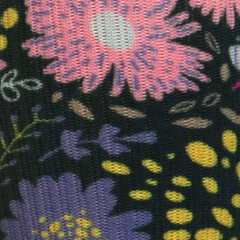
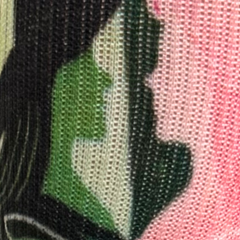
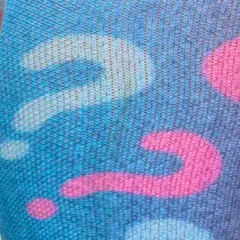
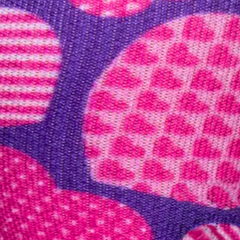
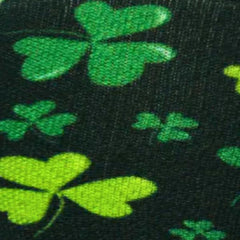
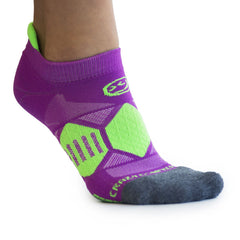

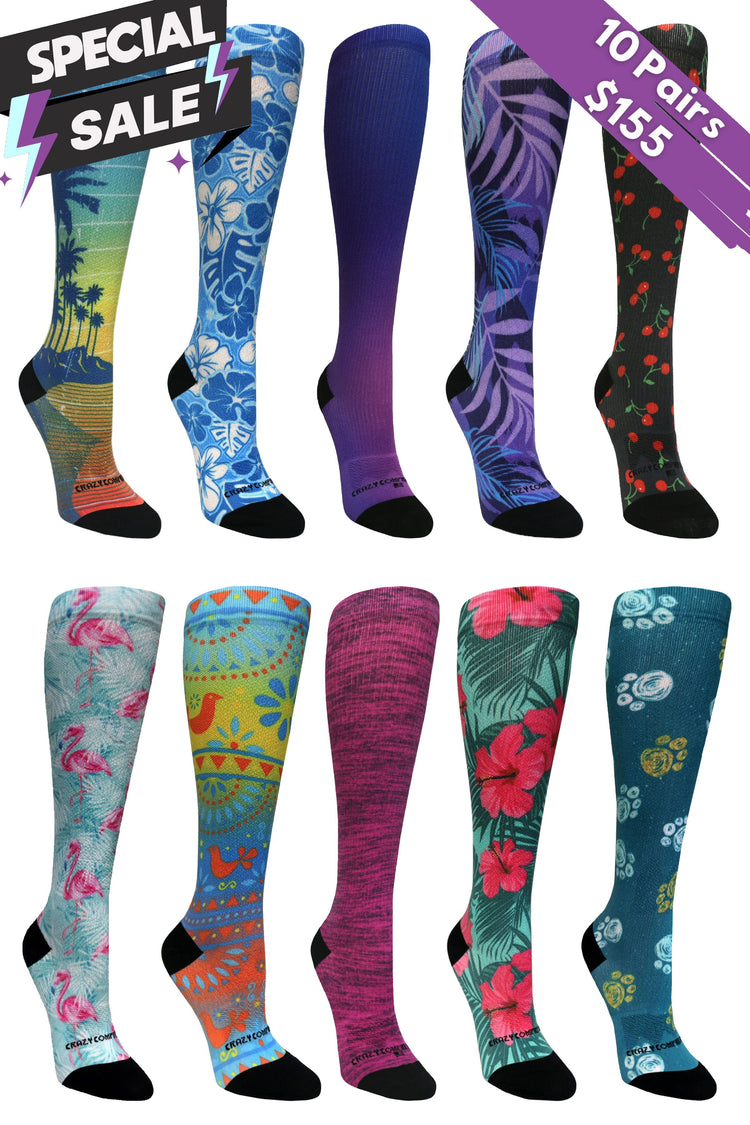


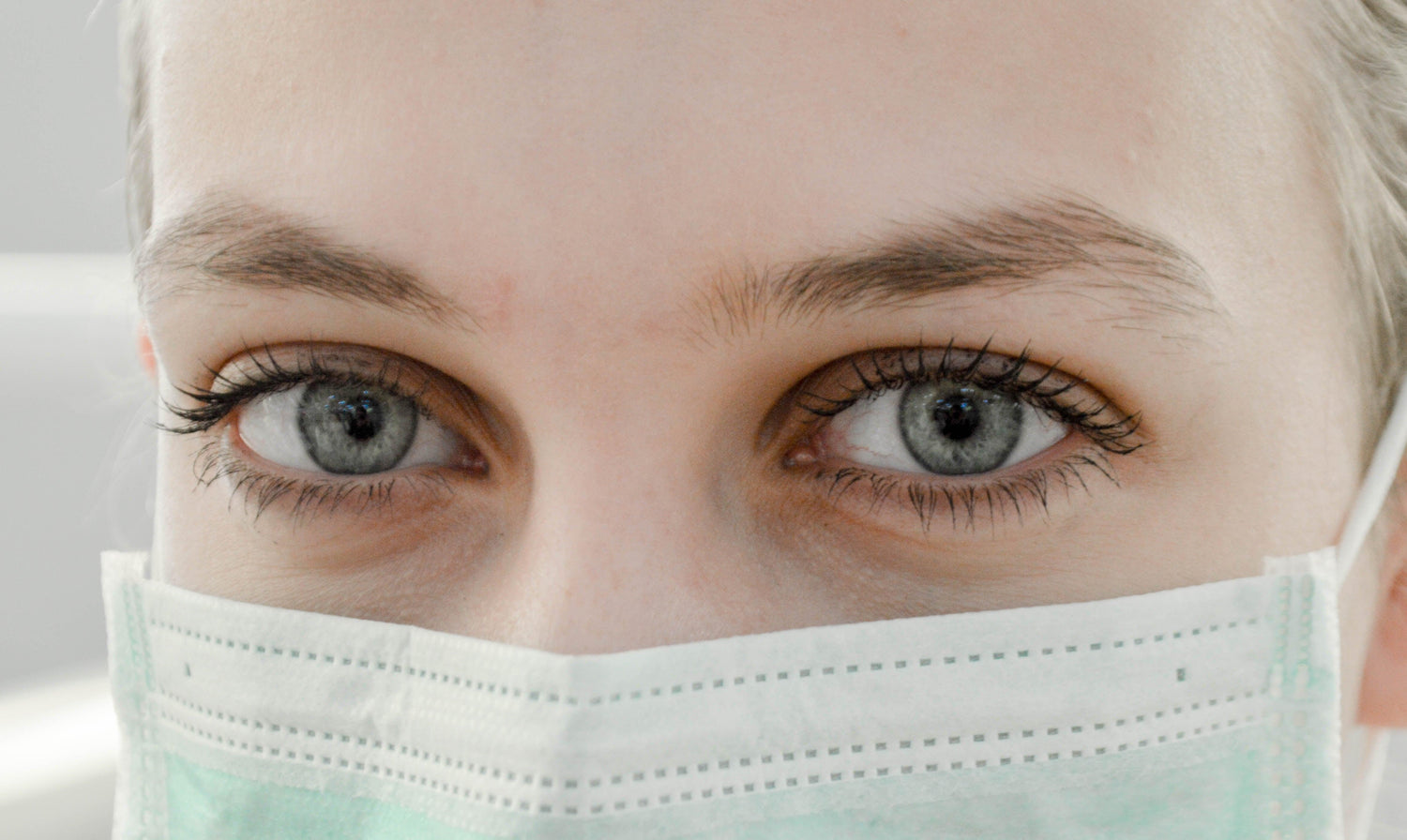
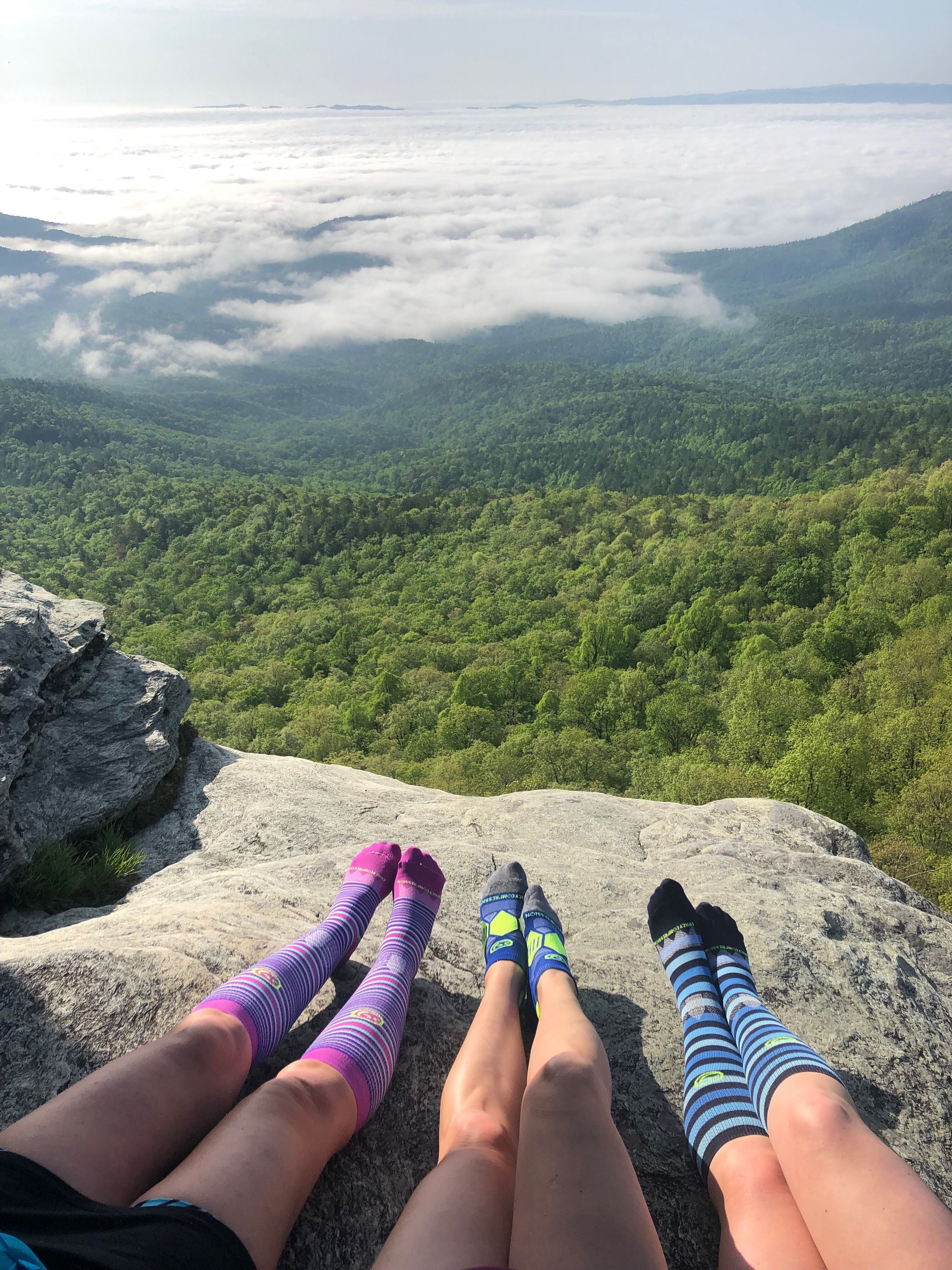
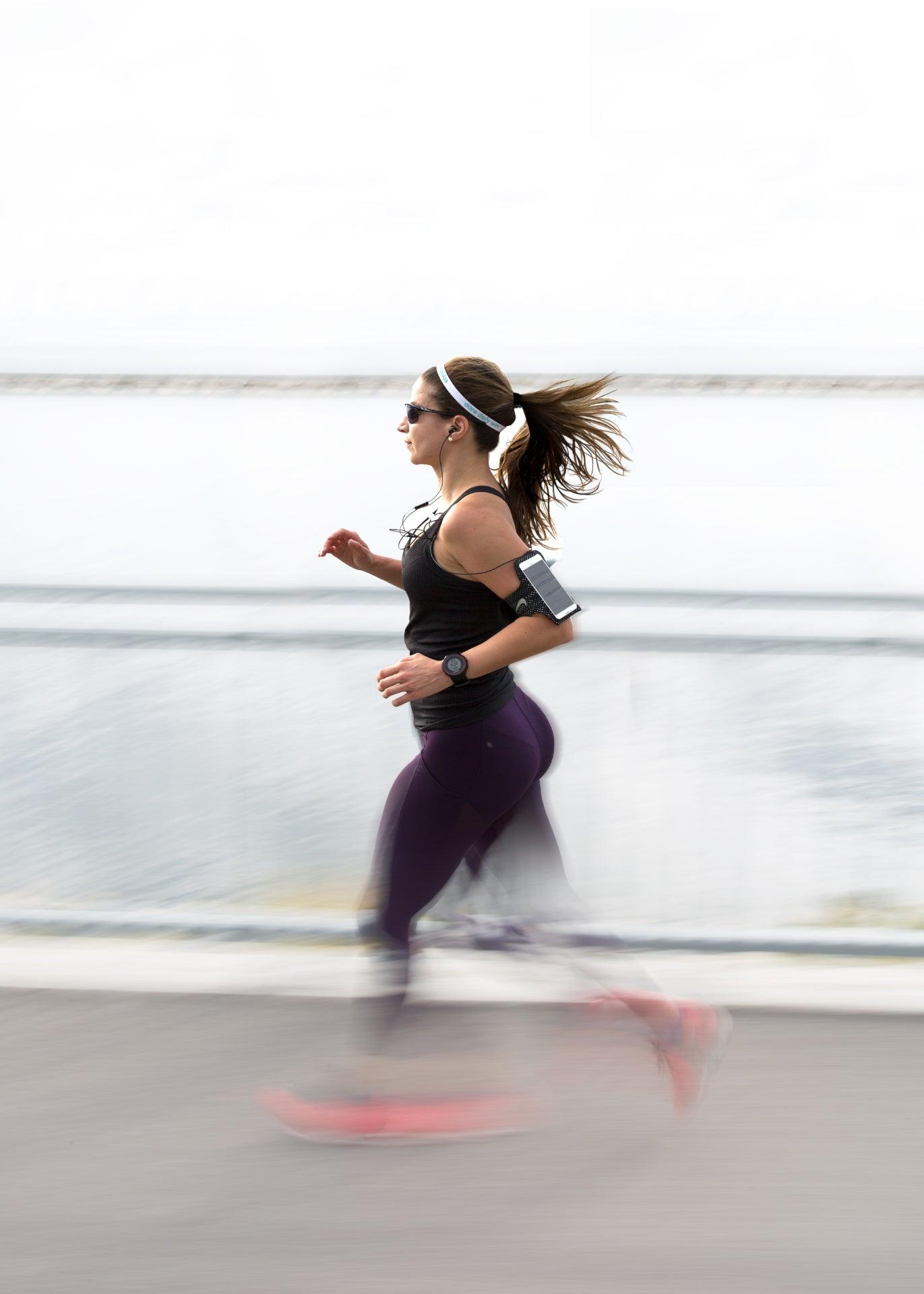
Leave a comment
This site is protected by hCaptcha and the hCaptcha Privacy Policy and Terms of Service apply.